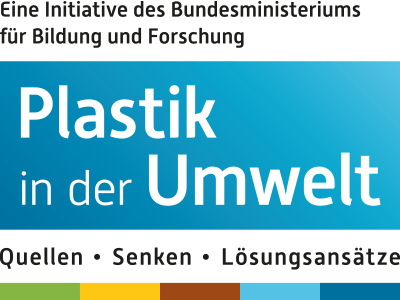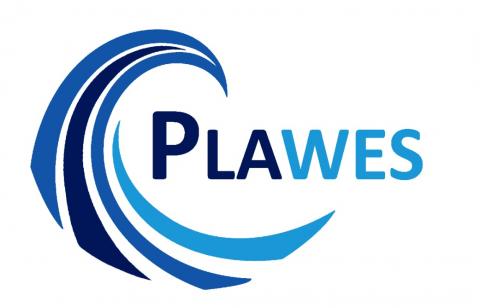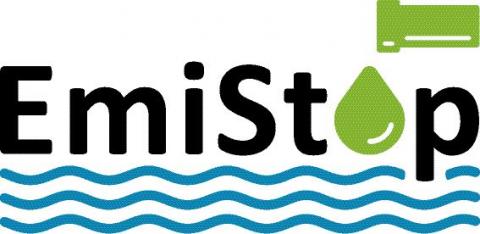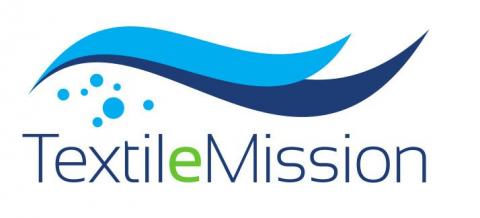Polyester
When I wash a polyester fleece jacket, can microplastics get into the water? How many climate-damaging greenhouse gases are released annually due to the global production of plastics and what is chemical recycling?
Test your knowledge in the field of plastic with this quiz!





